GOVT CONTEMPLATES EXTENDING SOCIAL DISTANCING
입력 2020.04.17 (15:06)
수정 2020.04.17 (17:04)
읽어주기 기능은 크롬기반의
브라우저에서만 사용하실 수 있습니다.
[Anchor Lead]
Korea's quarantine authorities initially set the period of intensive social distancing measures through April 19, and have been devising guidelines on daily quarantine. However, mass infections that can occur anytime remain a serious concern for the government.
[Pkg]
Social distancing measures have been in place in Korea since March. It's been almost four weeks since restrictions were imposed on religious, entertainment and sporting facilities throughout the nation. The number of new COVID-19 cases in Korea has remained around 20 for days now. Although the cumulative number stands at 10,600, 73 percent of those infected are no longer under quarantine, and the number of new infections continue to dwindle. However, the government is concerned about mass gatherings. Some churches held in-person masses and services to celebrate Easter, one of the largest Christian holidays, while others introduced drive-thru variations. People also gathered during the election campaign period and at polling stations. Four of self-quarantined voters broke quarantine rules and visited internet cafes and billiard rooms. The biggest concern for the government is that individuals who break self-isolation rules can become the cause of mass infections.
[Soundbite] KWON JOON-WOOK(CENTRAL DISEASE CONTROL HEADQUARTERS) : "In consideration of the incubation period after Easter and the elections, we won't be able to evaluate the quarantine situation until next week."
The government is weighing options to decide whether or not to extend social distancing measures, which were originally set to end on April 19. Meanwhile, quarantine authorities are looking for ways to introduce new daily quarantine measures. Many are calling for devising concrete guidelines on the intensity of social distancing measures and easing them in phases. Some say the intensity of social distancing should be based not only on the number of new cases and cases of an unknown origin, but also on the reproduction number, which indicates how many people can be infected by a single individual.
[Soundbite] PARK NEUNG-HOO(MINISTER OF HEALTH AND WELFARE) : "We need to prepare the public now for learning about new measures and participating in their implementation."
A recent poll shows that 72 percent of the public is willing to accept daily quarantine measures even if that entails some inconveniences and requires extra effort, while 66 percent said the risk of infections may increase if schools reopen and more people start spending time outdoors like they did before the outbreak.
Korea's quarantine authorities initially set the period of intensive social distancing measures through April 19, and have been devising guidelines on daily quarantine. However, mass infections that can occur anytime remain a serious concern for the government.
[Pkg]
Social distancing measures have been in place in Korea since March. It's been almost four weeks since restrictions were imposed on religious, entertainment and sporting facilities throughout the nation. The number of new COVID-19 cases in Korea has remained around 20 for days now. Although the cumulative number stands at 10,600, 73 percent of those infected are no longer under quarantine, and the number of new infections continue to dwindle. However, the government is concerned about mass gatherings. Some churches held in-person masses and services to celebrate Easter, one of the largest Christian holidays, while others introduced drive-thru variations. People also gathered during the election campaign period and at polling stations. Four of self-quarantined voters broke quarantine rules and visited internet cafes and billiard rooms. The biggest concern for the government is that individuals who break self-isolation rules can become the cause of mass infections.
[Soundbite] KWON JOON-WOOK(CENTRAL DISEASE CONTROL HEADQUARTERS) : "In consideration of the incubation period after Easter and the elections, we won't be able to evaluate the quarantine situation until next week."
The government is weighing options to decide whether or not to extend social distancing measures, which were originally set to end on April 19. Meanwhile, quarantine authorities are looking for ways to introduce new daily quarantine measures. Many are calling for devising concrete guidelines on the intensity of social distancing measures and easing them in phases. Some say the intensity of social distancing should be based not only on the number of new cases and cases of an unknown origin, but also on the reproduction number, which indicates how many people can be infected by a single individual.
[Soundbite] PARK NEUNG-HOO(MINISTER OF HEALTH AND WELFARE) : "We need to prepare the public now for learning about new measures and participating in their implementation."
A recent poll shows that 72 percent of the public is willing to accept daily quarantine measures even if that entails some inconveniences and requires extra effort, while 66 percent said the risk of infections may increase if schools reopen and more people start spending time outdoors like they did before the outbreak.
■ 제보하기
▷ 카카오톡 : 'KBS제보' 검색, 채널 추가
▷ 전화 : 02-781-1234, 4444
▷ 이메일 : kbs1234@kbs.co.kr
▷ 유튜브, 네이버, 카카오에서도 KBS뉴스를 구독해주세요!
- GOVT CONTEMPLATES EXTENDING SOCIAL DISTANCING
-
- 입력 2020-04-17 15:07:53
- 수정2020-04-17 17:04:50
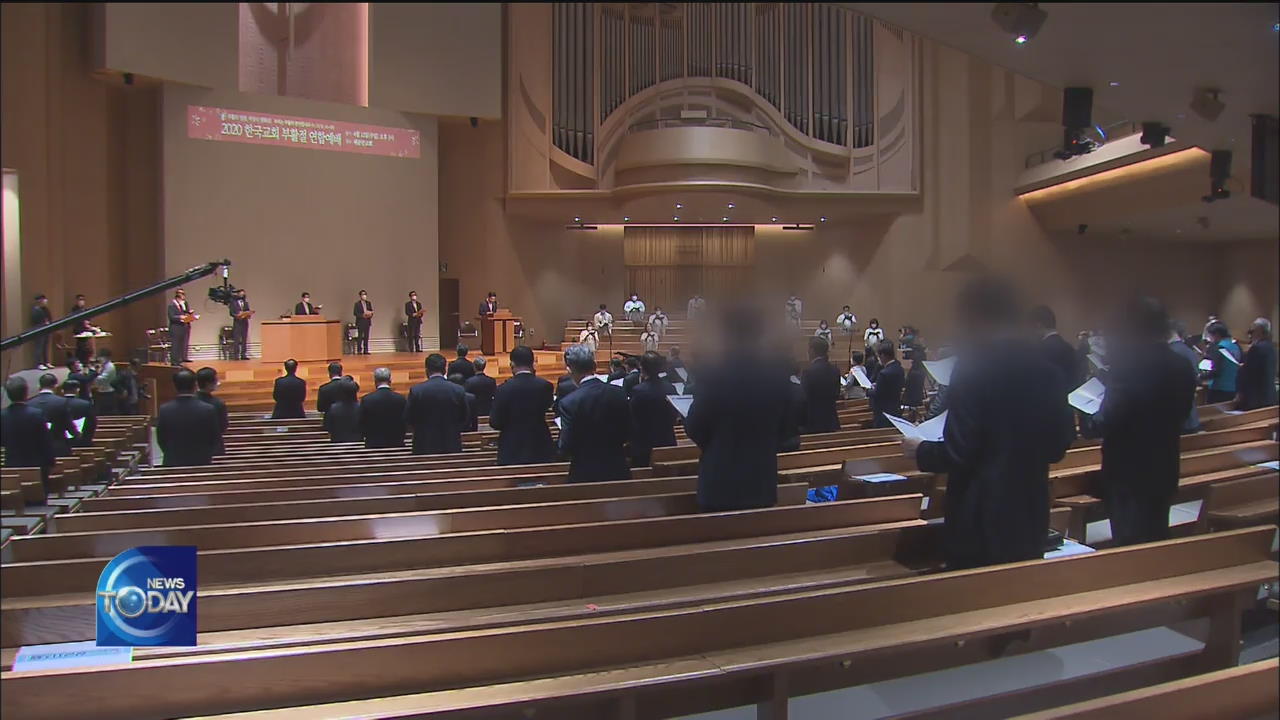
[Anchor Lead]
Korea's quarantine authorities initially set the period of intensive social distancing measures through April 19, and have been devising guidelines on daily quarantine. However, mass infections that can occur anytime remain a serious concern for the government.
[Pkg]
Social distancing measures have been in place in Korea since March. It's been almost four weeks since restrictions were imposed on religious, entertainment and sporting facilities throughout the nation. The number of new COVID-19 cases in Korea has remained around 20 for days now. Although the cumulative number stands at 10,600, 73 percent of those infected are no longer under quarantine, and the number of new infections continue to dwindle. However, the government is concerned about mass gatherings. Some churches held in-person masses and services to celebrate Easter, one of the largest Christian holidays, while others introduced drive-thru variations. People also gathered during the election campaign period and at polling stations. Four of self-quarantined voters broke quarantine rules and visited internet cafes and billiard rooms. The biggest concern for the government is that individuals who break self-isolation rules can become the cause of mass infections.
[Soundbite] KWON JOON-WOOK(CENTRAL DISEASE CONTROL HEADQUARTERS) : "In consideration of the incubation period after Easter and the elections, we won't be able to evaluate the quarantine situation until next week."
The government is weighing options to decide whether or not to extend social distancing measures, which were originally set to end on April 19. Meanwhile, quarantine authorities are looking for ways to introduce new daily quarantine measures. Many are calling for devising concrete guidelines on the intensity of social distancing measures and easing them in phases. Some say the intensity of social distancing should be based not only on the number of new cases and cases of an unknown origin, but also on the reproduction number, which indicates how many people can be infected by a single individual.
[Soundbite] PARK NEUNG-HOO(MINISTER OF HEALTH AND WELFARE) : "We need to prepare the public now for learning about new measures and participating in their implementation."
A recent poll shows that 72 percent of the public is willing to accept daily quarantine measures even if that entails some inconveniences and requires extra effort, while 66 percent said the risk of infections may increase if schools reopen and more people start spending time outdoors like they did before the outbreak.
Korea's quarantine authorities initially set the period of intensive social distancing measures through April 19, and have been devising guidelines on daily quarantine. However, mass infections that can occur anytime remain a serious concern for the government.
[Pkg]
Social distancing measures have been in place in Korea since March. It's been almost four weeks since restrictions were imposed on religious, entertainment and sporting facilities throughout the nation. The number of new COVID-19 cases in Korea has remained around 20 for days now. Although the cumulative number stands at 10,600, 73 percent of those infected are no longer under quarantine, and the number of new infections continue to dwindle. However, the government is concerned about mass gatherings. Some churches held in-person masses and services to celebrate Easter, one of the largest Christian holidays, while others introduced drive-thru variations. People also gathered during the election campaign period and at polling stations. Four of self-quarantined voters broke quarantine rules and visited internet cafes and billiard rooms. The biggest concern for the government is that individuals who break self-isolation rules can become the cause of mass infections.
[Soundbite] KWON JOON-WOOK(CENTRAL DISEASE CONTROL HEADQUARTERS) : "In consideration of the incubation period after Easter and the elections, we won't be able to evaluate the quarantine situation until next week."
The government is weighing options to decide whether or not to extend social distancing measures, which were originally set to end on April 19. Meanwhile, quarantine authorities are looking for ways to introduce new daily quarantine measures. Many are calling for devising concrete guidelines on the intensity of social distancing measures and easing them in phases. Some say the intensity of social distancing should be based not only on the number of new cases and cases of an unknown origin, but also on the reproduction number, which indicates how many people can be infected by a single individual.
[Soundbite] PARK NEUNG-HOO(MINISTER OF HEALTH AND WELFARE) : "We need to prepare the public now for learning about new measures and participating in their implementation."
A recent poll shows that 72 percent of the public is willing to accept daily quarantine measures even if that entails some inconveniences and requires extra effort, while 66 percent said the risk of infections may increase if schools reopen and more people start spending time outdoors like they did before the outbreak.
이 기사가 좋으셨다면
-
좋아요
0
-
응원해요
0
-
후속 원해요
0










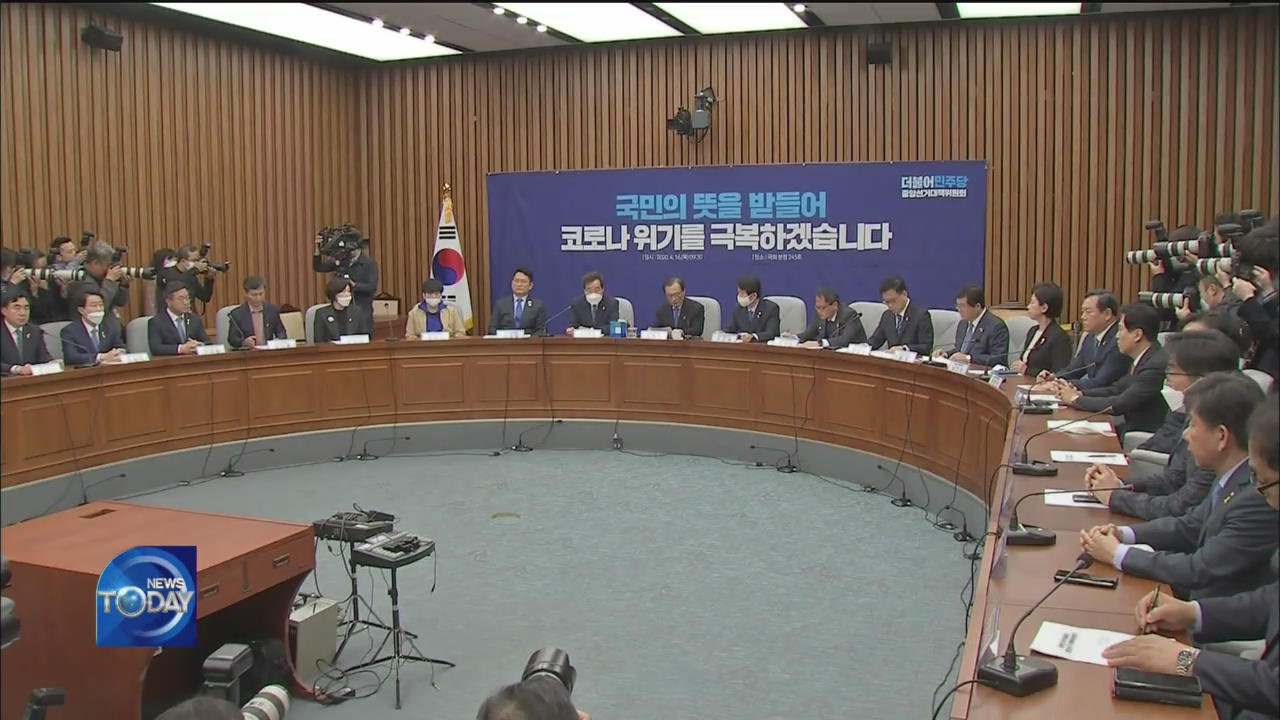
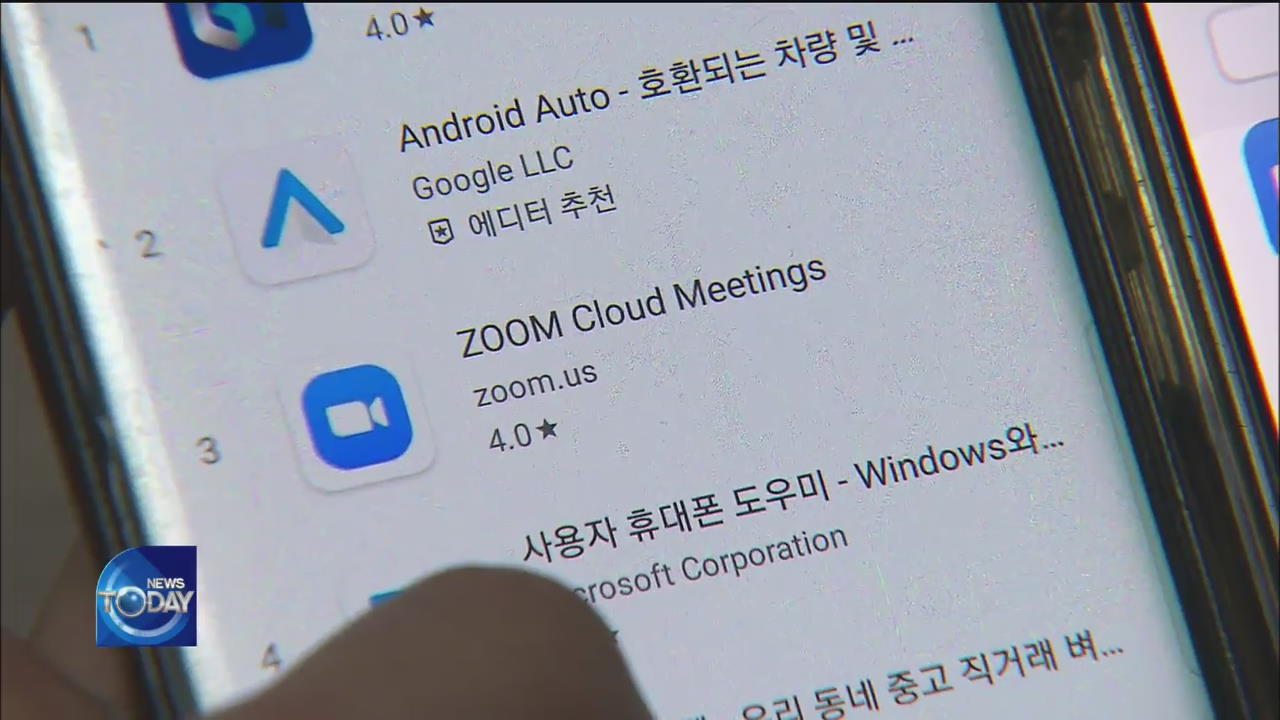
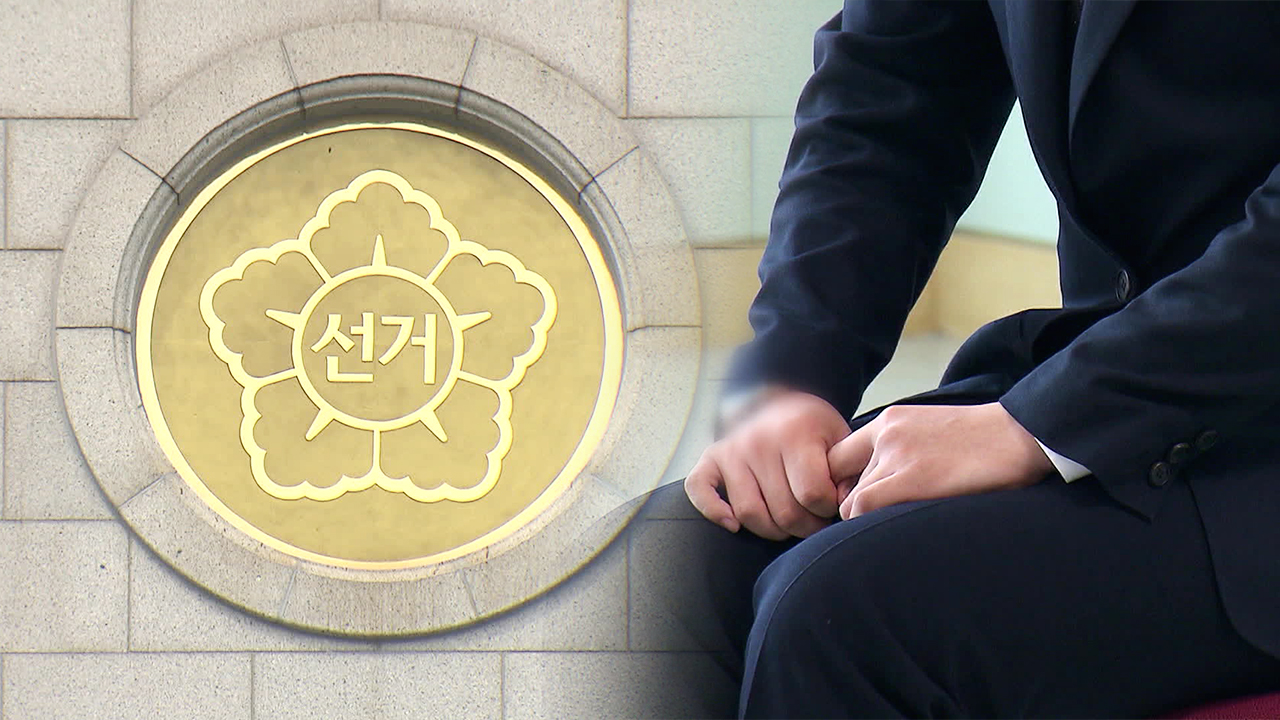

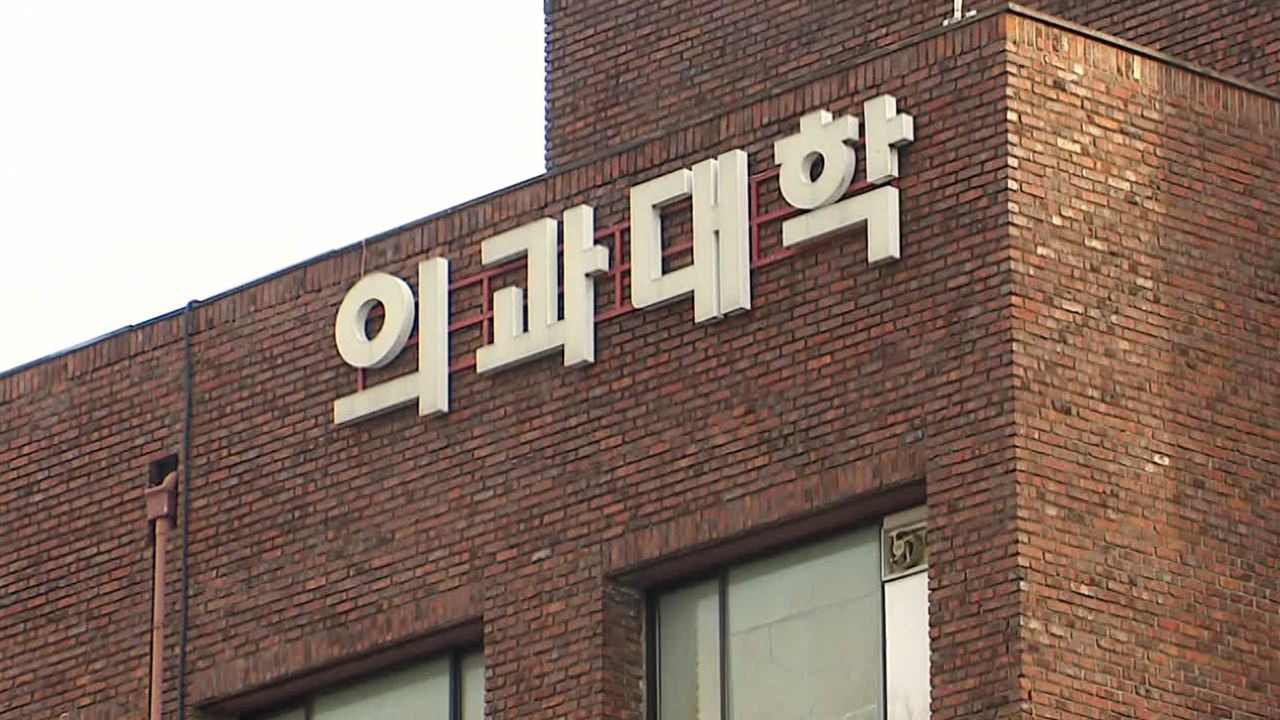
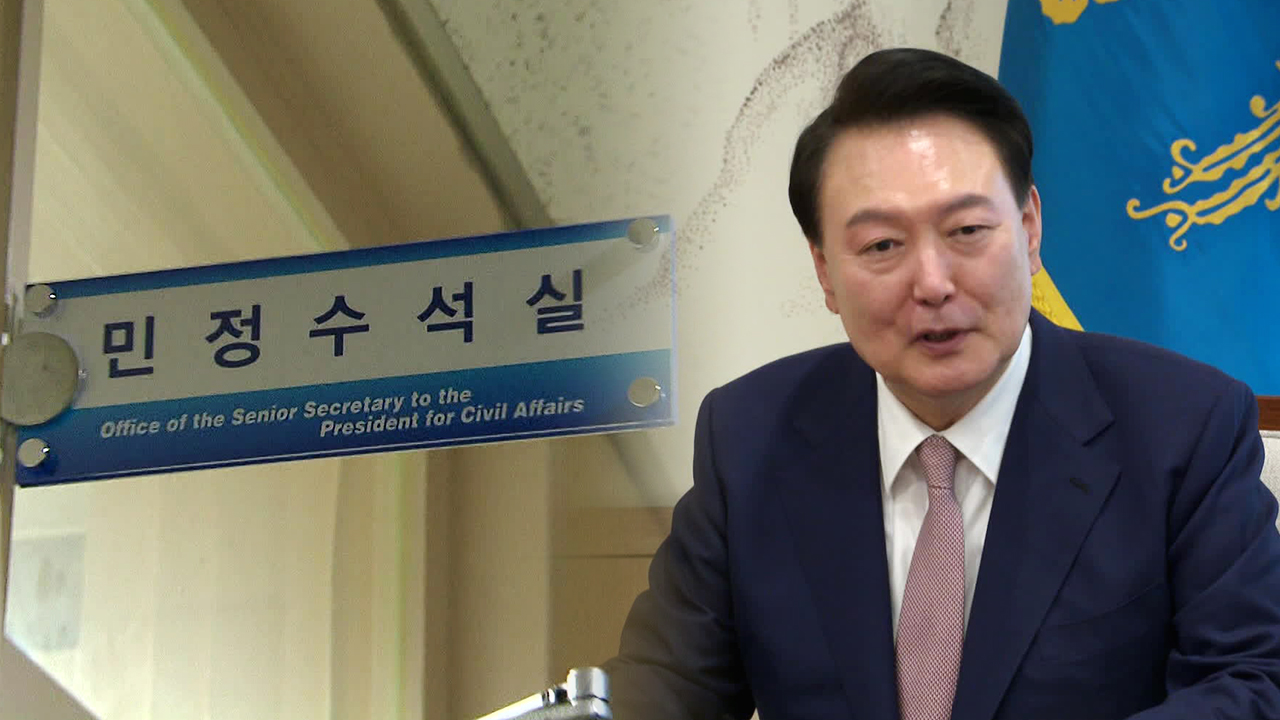

이 기사에 대한 의견을 남겨주세요.